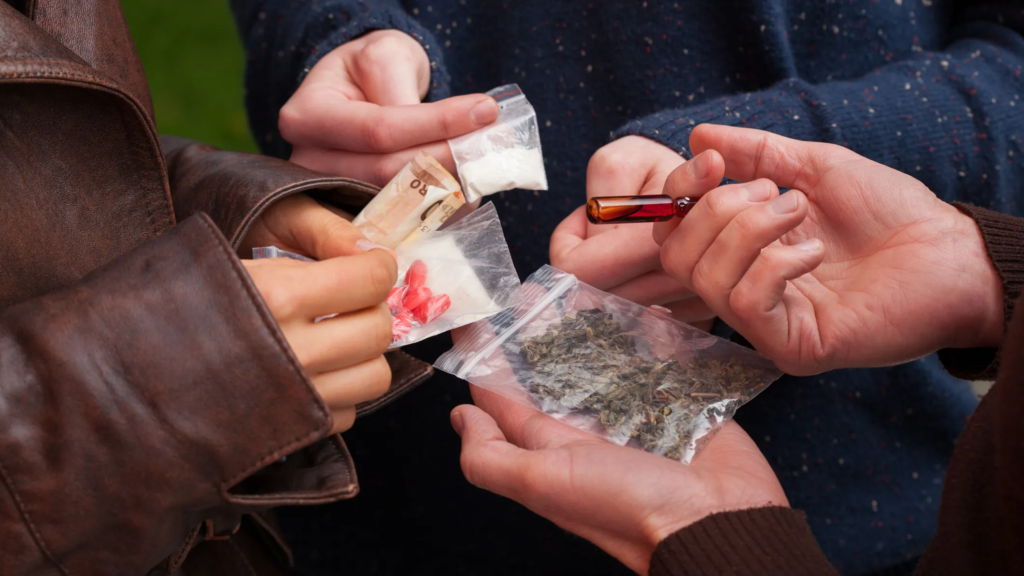The “Trend” of Drug Use Among Young People: A Complex Issue
The perception of drug use as “trendy” among young generations is a concerning issue with significant implications. While it’s crucial to emphasize that drug use is not a trend and carries serious risks, understanding the factors that contribute to this perception is vital for developing effective prevention and intervention strategies.

The Influence of Media and Culture
One significant factor contributing to this perception is the pervasive influence of social media and popular culture. Celebrities, influencers, and musicians often portray drug use in a glamorous or nonchalant manner, which can desensitize young people to the dangers and normalize the behavior. Music videos, movies, and television shows frequently depict drug use as a symbol of rebellion, coolness, or a means of escapism, making it seem appealing to some young people.
Peer Pressure and the Desire to Belong
Peer pressure and the strong desire to fit in also play a crucial role. Young people may feel pressured to experiment with drugs to gain acceptance from their peers or to feel like they belong to a certain social group. This peer pressure can be particularly intense during adolescence and early adulthood when young people are still developing their sense of identity and navigating social dynamics.
The Role of Mental Health
Furthermore, underlying mental health issues can contribute to the perception of drug use as a coping mechanism. Young people struggling with anxiety, depression, or trauma may turn to drugs to self-medicate and escape from their emotional pain. While drugs may provide temporary relief, they often exacerbate underlying mental health problems and can lead to addiction and other serious consequences.
Addressing the Issue: Prevention and Intervention
It is crucial to emphasize that drug use is not a trend and should never be viewed as such. Drug use carries significant risks, including addiction, overdose, and long-term health problems. Effective prevention strategies must address the root causes of this perception.
- Promoting Open Communication: Open and honest communication between parents and children is essential.
- Comprehensive Drug Education: Schools should implement comprehensive drug education programs that address the risks and consequences of drug use in an age-appropriate manner.
- Increased Access to Mental Health Services: Easy access to mental health services for young people is crucial. Early intervention and treatment for mental health issues can help prevent the development of self-medication behaviors.
- Challenging Media Portrayals: Critical media literacy education can help young people critically analyze and deconstruct the portrayal of drug use in popular culture.
The perception of drug use as “trendy” among young generations is a complex issue with significant social and health implications. By addressing the underlying factors that contribute to this perception and implementing effective prevention and intervention strategies, we can help young people make informed decisions, avoid the dangers of drug use, and lead healthy and fulfilling lives.




















